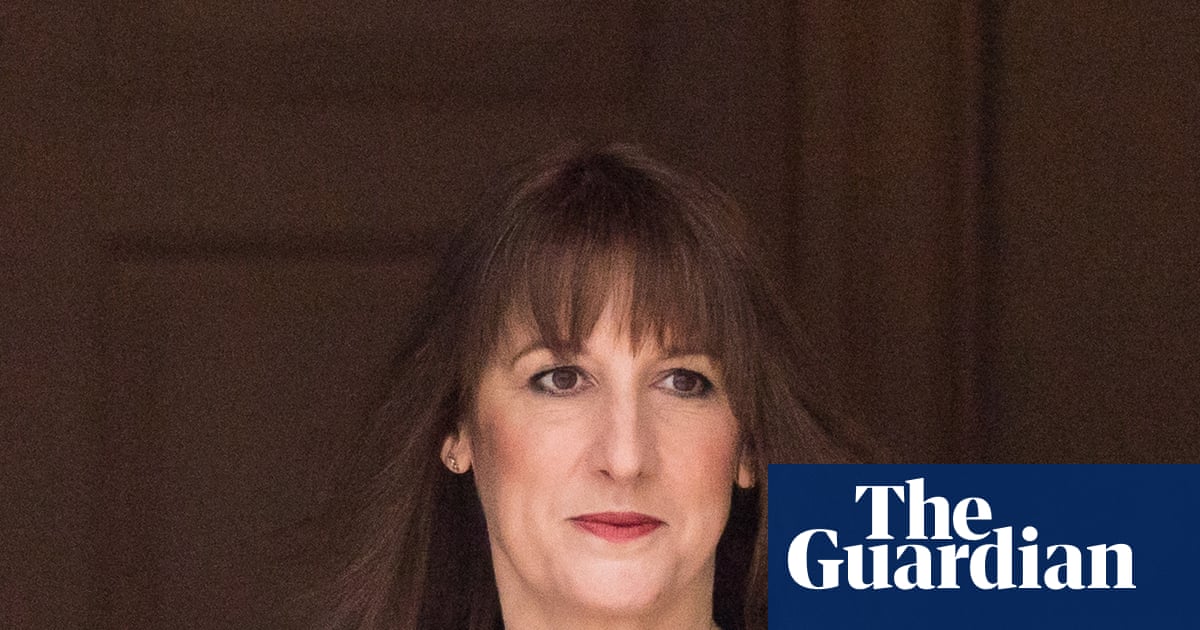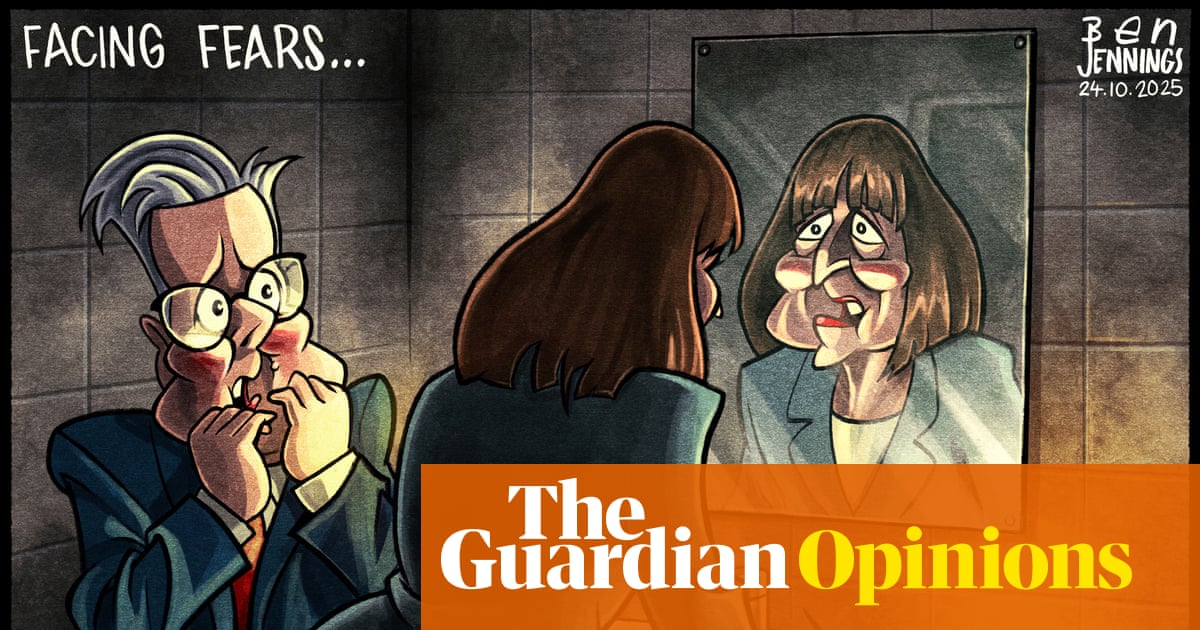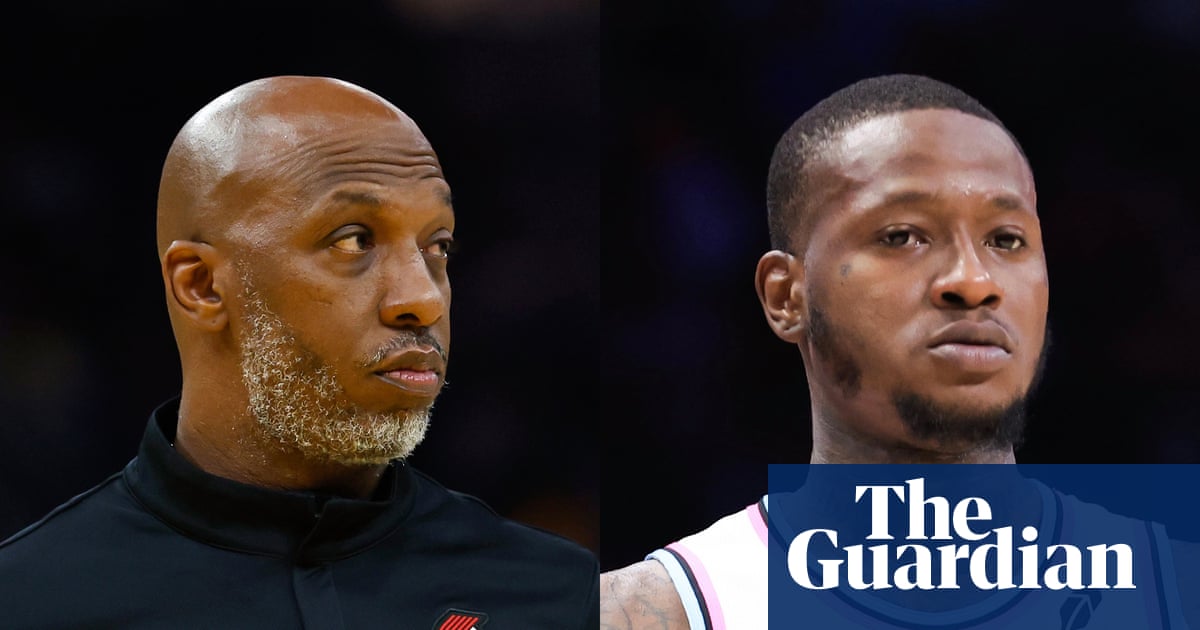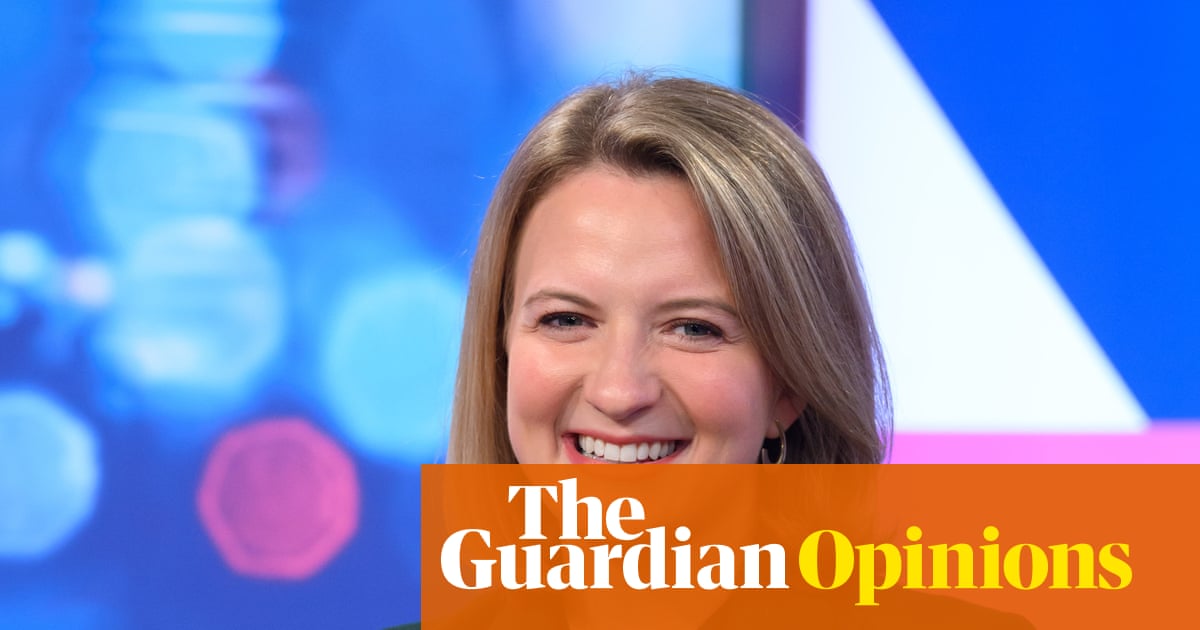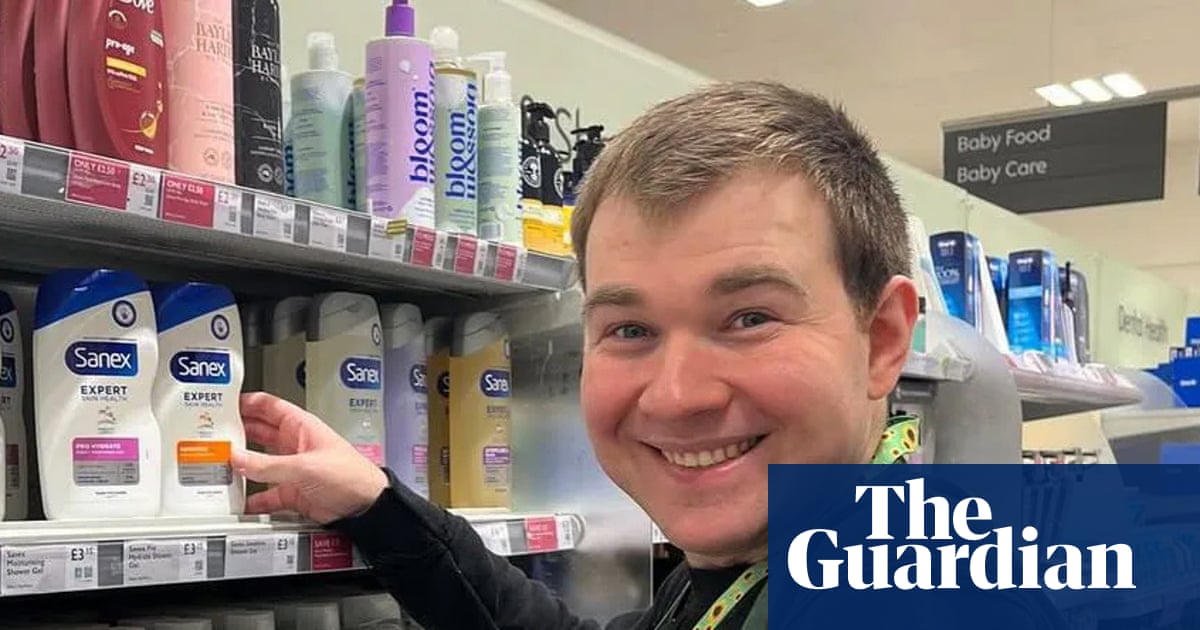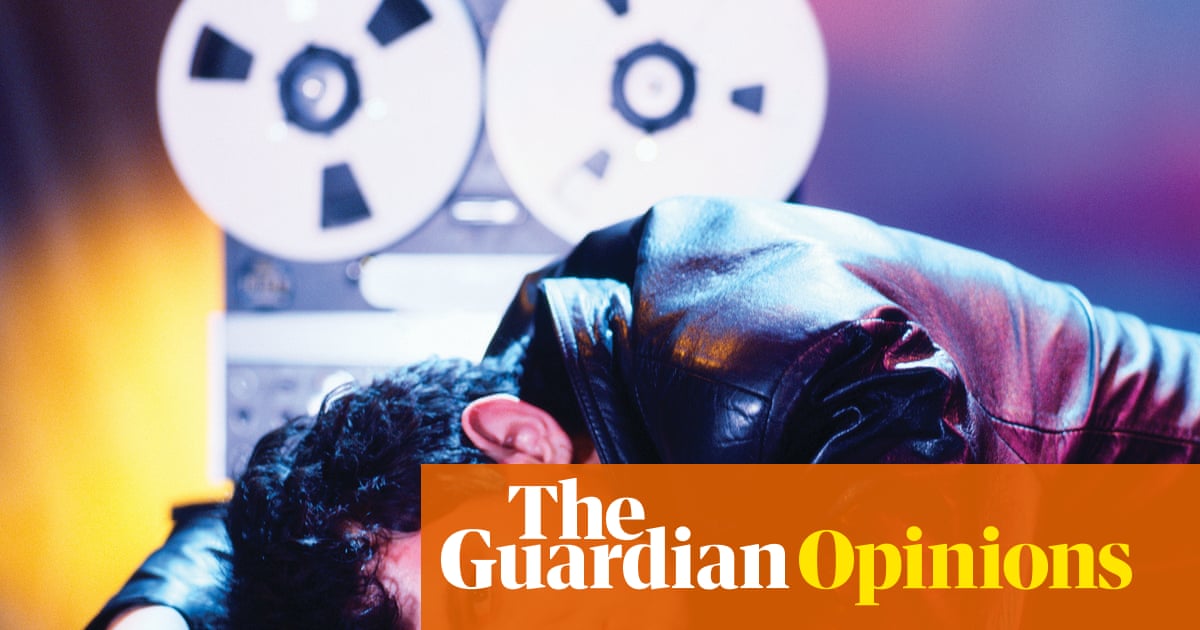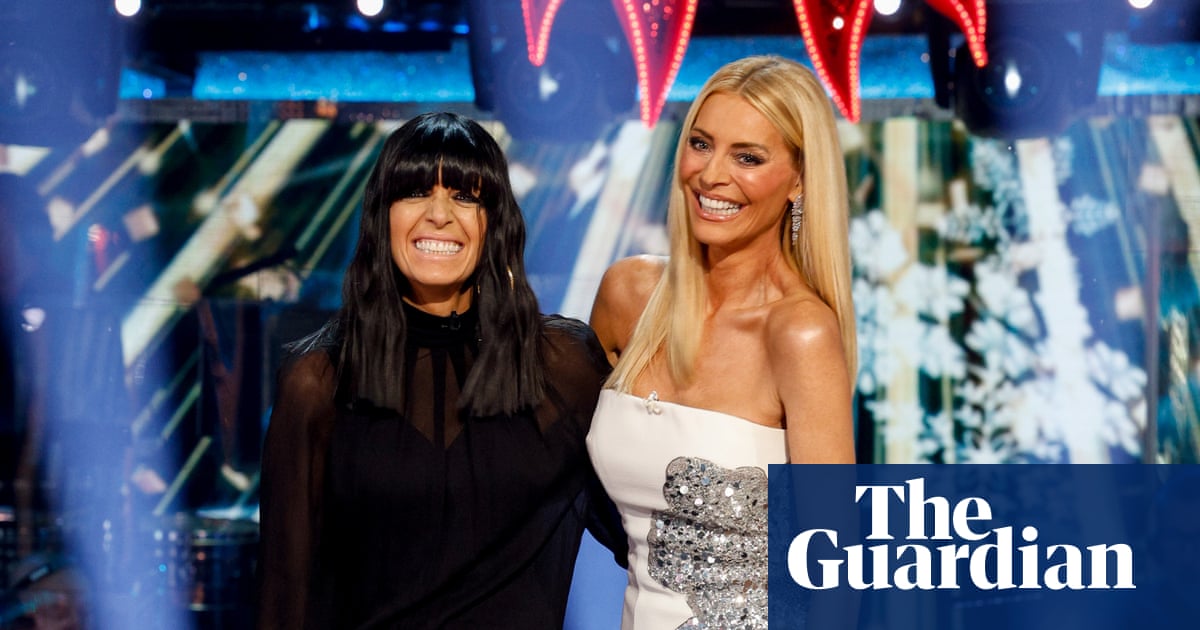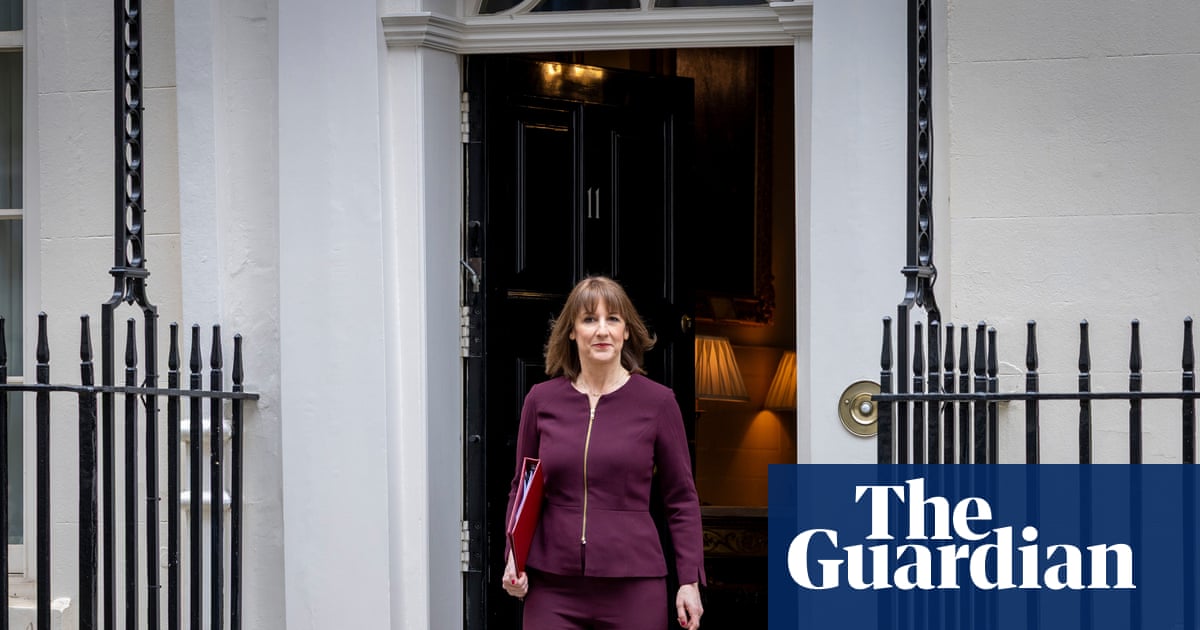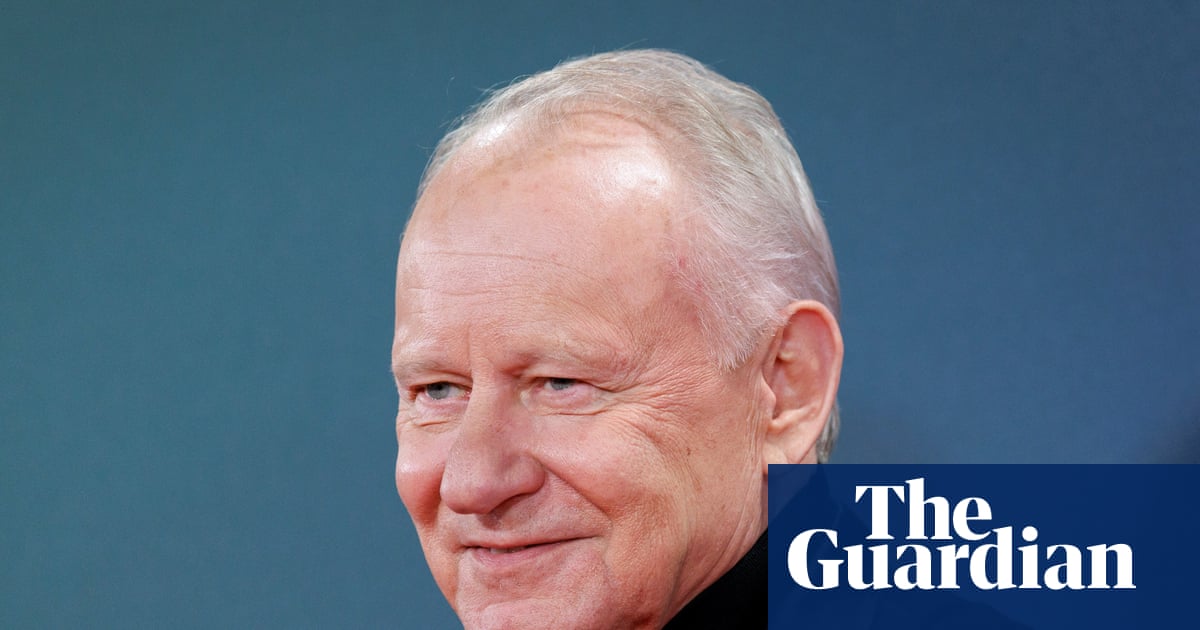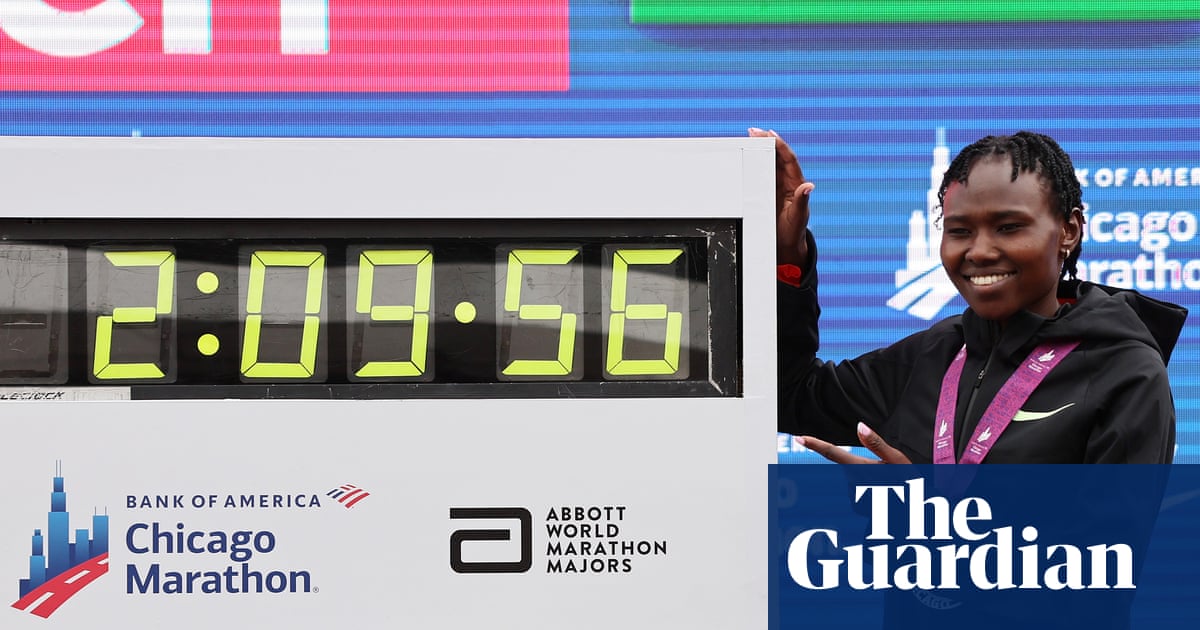I’m 54 years old, and although I was married for 22 years, I’ve been single for the past 14. I did remarry briefly a few years ago, but that chapter was short-lived.
At this stage of my life, I feel genuinely content. I’m on my own, but by no means lonely. I have a fulfilling balance between work and personal life, and I’m deeply grateful for my three daughters and my grandchildren, who bring me joy and purpose.
My question is: how do I make people understand that I’m happy as I am? Friends and family often tell me I “need” to find someone, or that I shouldn’t be on my own, as if my single status must mean something is missing. Some assume I’m simply waiting to meet the right person, but that’s not the case. Their comments are beginning to wear me down, leaving me questioning myself and feeling low at times.
How do I cut out the noise and the unsolicited advice from those who think they know what’s best for me, and return to simply enjoying my life as it is – peaceful, independent, and full in its own way?
Eleanor says: What a hard time people have when someone says: “I don’t need that to be happy.” Anyone whose life deviates from mainstream expectations gets this, even from well-meaning loved ones. Wait, you’re saying you don’t need a lot of money to be happy? Why aren’t you making more choices in pursuit of money? Oh, you’re saying you don’t need kids to be happy? But what will you do about having kids?
It can feel patronising, like you’re wrong about whether your own life is going well.
People don’t always realise how presumptive these questions feel when they’re about having a partner. Swap out the topic, though, and it shows up as if black-lit. Imagine saying to someone who was married, happy, with a rewarding job, “now we just need to find you a best friend” – cheerily, as though helping them keep their chin up. It’s only an accident of our culture that it seems any less peculiar to say, “now you need to find a partner!”
To push back against this stuff – including, perhaps, in your own head – I wonder whether you could play with different ways to describe things.
Sometimes people think they’re describing things accurately when actually they’re painting their own minds on to the world. They look at a scene and think, because I’d feel lonely there, it’s lonely. Or, because I’d feel bored with that, it’s boring. Perhaps people look at your life and think, because I’d feel incomplete without a partner, it’s incomplete.
But different people can describe the same scene in completely different ways. The risk is you believe other people’s description when actually they’re just saying how they’d feel.
How would you describe your life if you said what you feel? Where other people see the absence of one kind of relationship, maybe you see the value of variety. Where they see “a bit lonely”, you see the calm confidence of self-sufficiency. Where they see someone who could have more, you see someone with more than enough.
Using those descriptions when talking about your life, even to yourself, can make a big difference. It’s the difference between thinking, “I come home to an empty house”, and “I come home to peace”. If people really push it, you could explicitly tell them how a scene from your life looks to you. “For me, what I see in a morning with my grandkids is pure joy and undivided attention. It doesn’t feel like anything’s missing.” Or, even, if my maths is correct, “you see someone without a marriage. I see someone who had one at 18”. The point isn’t to say “believe me, I’m happy with this”, but to change their sense of what this is – to help them see your life under your description, instead of theirs.
It sounds like you really are happy. The fact some people prefer to have a partner does not mean a partner is objectively preferable. Don’t let other people’s descriptions of your life persuade you that you’re not happy.

.png) 5 hours ago
2
5 hours ago
2
